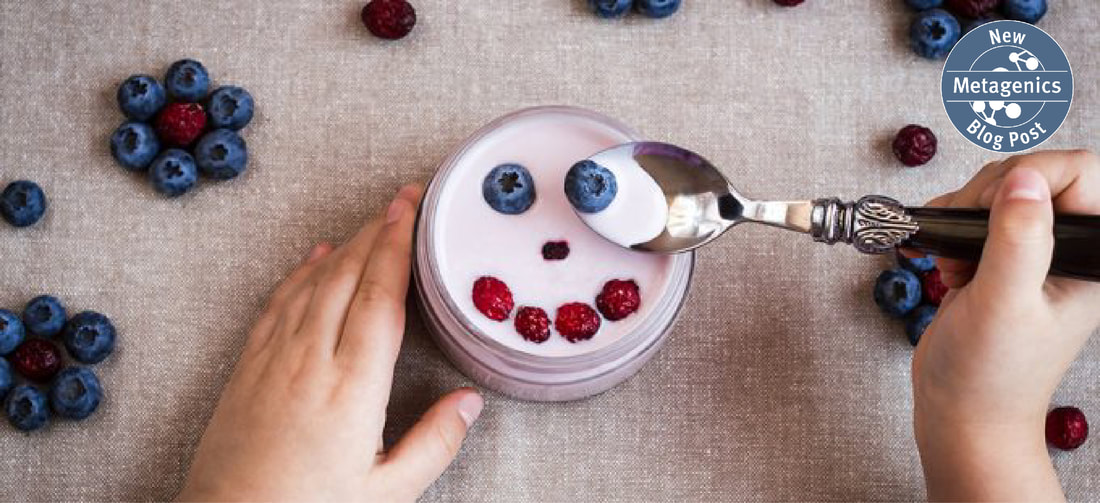|
In the last decade or so, the interest and use of probiotics have skyrocketed. According to Statista.com, sales of probiotic supplements in the United States amounted to $1.4 billion in 2014 and are projected to grow exponentially in the coming years.1 With numerous commercials on television these days advertising the various health benefits that probiotics can provide, have you ever wondered about giving probiotics to your kids?
What are probiotics? The human microbiota are very diverse and consist of 10-100 trillion bacteria living in the various tissues of the body such as the skin, mouth, and gut.2 Most of these bacteria live in our gut and are resistant to the colonization of bad bacteria, act as key players in the process of gut immune system development, and form short-chain fatty acids (SCFA), a major energy source for cells in the colon.3 The microbiota continue to evolve as we age and are influenced by what we eat, our body composition, how much sleep we get, how many antibiotics we take during our lifetime, and the amount of daily stress we experience.4 One way to support healthy microbiota is to create a balanced environment of different types of bacteria. We can do this by supplying our bodies with more beneficial bacteria, called probiotics. The Food and Agriculture Organization of the United Nations (FAO) and the World Health Organization (WHO) define probiotics as “live microorganisms that, when administered in adequate amounts, confer a health benefit on the host.”5 Some examples of food sources that contain these beneficial bacteria are yogurt, kefir, miso, kimchi, tempeh, and sauerkraut. It might be difficult to obtain the amount of beneficial bacteria from probiotic-rich food alone; therefore, incorporating a probiotic supplement that offers a stable and reliable source of gut-friendly bacteria as part of your daily regimen might be a good idea.* Use of probiotics in children There is an increased interest in the use of probiotics in children because of the growing evidence that suggests that these gut-friendly bacteria may convey numerous health benefits to kids, as well. Some of the most studied probiotics are L. rhamnosus GG (LGG), B. lactis, L. reuteri, and S. boulardii.6-8 How to choose a probiotic Probiotics have a specific, designated nomenclature based on their genus, species, and strain. The most commonly recognized probiotic genera include Lactobacillus and Bifidobacterium3 and are used in many functional foods and dietary supplements. If you choose to give probiotic supplements to your children, consider the following:
References:
0 Comments
Leave a Reply. |
Categories
All
Archives
April 2024
|
|
Join Our Community
|
|
Amipro Disclaimer:
Certain persons, considered experts, may disagree with one or more of the foregoing statements, but the same are deemed, nevertheless, to be based on sound and reliable authority. No such statements shall be construed as a claim or representation as to Metagenics products, that they are offered for the diagnosis, cure, mitigation, treatment or prevention of any disease. |



 RSS Feed
RSS Feed